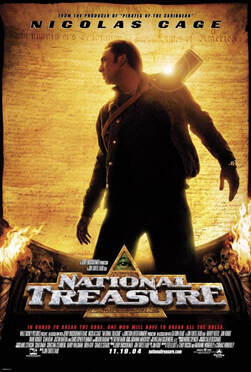
Please note: The following text contains spoilers. Viewer discretion is also advised – National Treasure is rated ‘PG’. For more details on the film’s content from a Christian perspective, read Focus on The Family’s review from Plugged In:
https://www.pluggedin.com/movie-reviews/nationaltreasure/
Who would have thought that producer Jerry Bruckheimer, famed purveyor of high-octane, cinematic thrill rides such as Con Air or Top Gun, would ever turn his eye to cinema of the family friendly variety? But in the early 2000s, Bruckheimer did just that, in partnering with Disney to deliver the wildly successful, first instalment of the never-ending Pirates of the Caribbean franchise, and National Treasure – an action-adventure extravaganza. Whilst the latter draws logical comparisons to the Indiana Jones franchise, this is arguably nuttier and sillier than anything Mr. Spielberg has ever devised and put to film.
For starters, it features *the* Nicolas Cage as a ‘historian’, treasure hunter and amateur cryptologist named Ben Gates, who, throughout the course of the film, steals the Declaration of Independence (he prefers to say “borrowed”), because he believes that displayed upon it is a coded map, which will lead him to untold riches. Now if I believed in gambling, this is the sort of film in which I’d encourage people to place high bets on where they think the ridiculous, plot-by-numbers is going to take them next – for they themselves might be led to quite a treasure. And yet, in spite of the film’s various weaknesses, it frequently extolls and promotes virtues of real worth: choosing generosity over greed or being quick to forgive those who wrong you.
The Bible teaches that humanity is not to be preoccupied or obsessed with the things of this world. Rather, we are His creation, and our eyes are to point heavenward, looking to Him for His leading and guidance for our lives here on earth. So, when we lose focus of that which is important - a relationship with the Most High God - we replace it with inferior substitutes and thereby dishonour God’s holy name. We might not ever intend to do this, but how are we to “love the Lord your God with all your heart, all your soul, and all your strength” (Deuteronomy 6:5, NLT) if we’re fixated on something else entirely? It simply isn’t possible. In His Word, God teaches that He is the One who alone deserves our utmost attention.
It’s as if Ben comes to discover a sense of the biblical position upon wealth, throughout the course of the film’s story. For example, he comes to learn that there is a dangerous lure to wealth (Mark 4:19, NLT) – one which promises much in terms of materialistic contentment, but fails to mention the emotional and spiritual cost, too. Enough is never truly enough, for Ian fails to see that whilst securing the treasure for himself promises monetary gain in the immediate, he will never truly be satisfied. Money doesn’t last forever, and a desire to gain more of it will only lead Ian to steal other artifacts too. He believes that he will be satisfied if he gained more of what he is chasing, but the Bible also teaches that “Life is not measured by how much you own” (Luke 12:15, NLT). Instead, our life is measured by whether or not we can profess to belong to the One who made us. We are called by God to be in friendship with Him – who through “His divine power”, “has given us everything needed for life and godliness” (2 Peter 1:2-4, NRSV). It is in God alone, that we can have the longings of our heart fulfilled. Not in treasure, or even in the ‘good’ things of this life. No. In Him alone. For if we turn from our sin, draw near to Him in faith and live a life dedicated to Him, we can rest in the knowledge that everything we need is at hand: “God will fully satisfy every need of yours according to his riches in glory in Christ Jesus.” (Philippians 4:19, NRSV). Ben chose not to allow his desire for riches corrupt him, whilst Ian did not. And in the end, Ben found everything he wanted and more. But how much more does God wish to give to those who turn from their sinful ways and towards Him? So much more: His gift of salvation (the promise of eternal life in Heaven), relationship with the God of the universe and His constant presence with us, every day. Now that might not be a national treasure, but it is a worldwide treasure, on offer to all, today.
Why not prayerfully invite a friend or family member who doesn’t yet know Jesus, to watch National Treasure? Use the film’s themes to ask them what they thought of the film, if they spotted any links to Christianity and what they might think of the Gospel’s response to this subject.
If you feel able to, ask them what they think about the film’s view of obtaining treasure on such a large scale – do they align more with the views of Ben or Patrick, in the pursuit of wealth? Ask them what they think of Patrick’s initial reasoning for not wanting to pursue searching for the treasure – did he have a point in regard to it becoming an unhealthy obsession? Do they believe that Ben was obsessed with finding the treasure, or was he just passionate? Should Ben have been more like Ian in his methods and reasoning to find the treasure, or was he right?
Later prompt them to consider their own view of possessions and wealth.
What do they believe to be the thing that brings fulfilment and happiness in their life? Go on to share that Jesus offers us all the lifesaving, life-changing gift of salvation, because God, through the sacrifice of Jesus, made a way for us to experience fulness of love, joy, hope and peace in Him – everything that humanity needs and more. But not only that, He gave us that which we cannot buy: the gift of salvation for all who repent for their sinful errors and turn to follow Him. For God wants us to be able to receive in Him all that we need (including salvation) and more, which is found in relationship with Him alone. Take the opportunity to share the hope of the Gospel message with them – noting that God is the One we need over ‘things’, because He saves us from the grip of darkness now, but also in eternity too. Then, invite them (if you feel prompted to by God) to consider accepting Jesus into their life today.
Prior to watching the film for yourself, however, take a moment to pray that God would speak to you through the film. If you feel comfortable, pray this prayer over all of your future, film-watching experiences:
Dear Lord, as I watch this film, I ask that you would be present here with me. Highlight to me anything within it that is honourable, anything that can be used in conversation for your Kingdom purposes. Amen.
National Treasure is currently available to stream through Disney+.

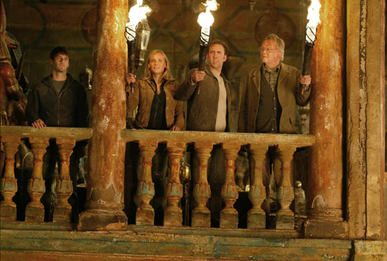
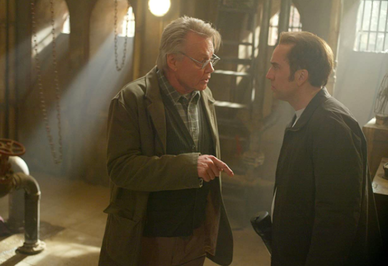
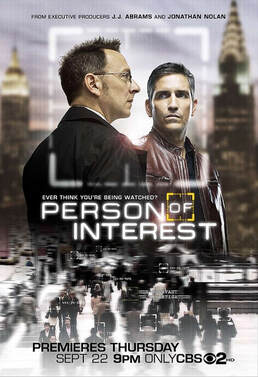
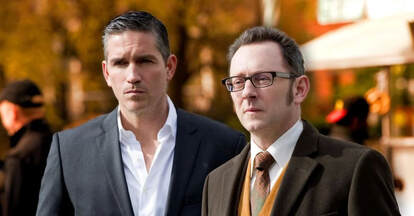
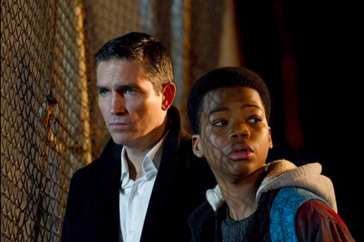
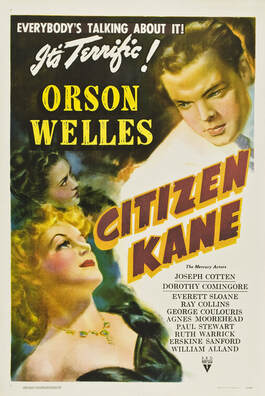
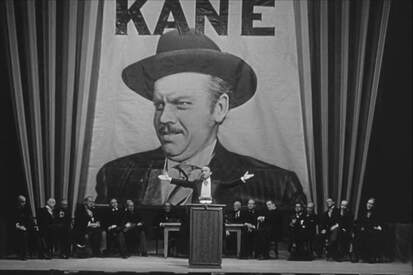
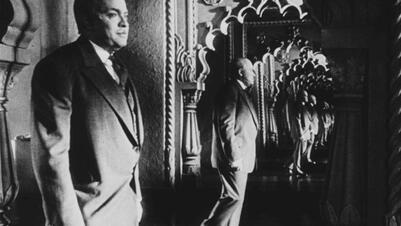
 RSS Feed
RSS Feed